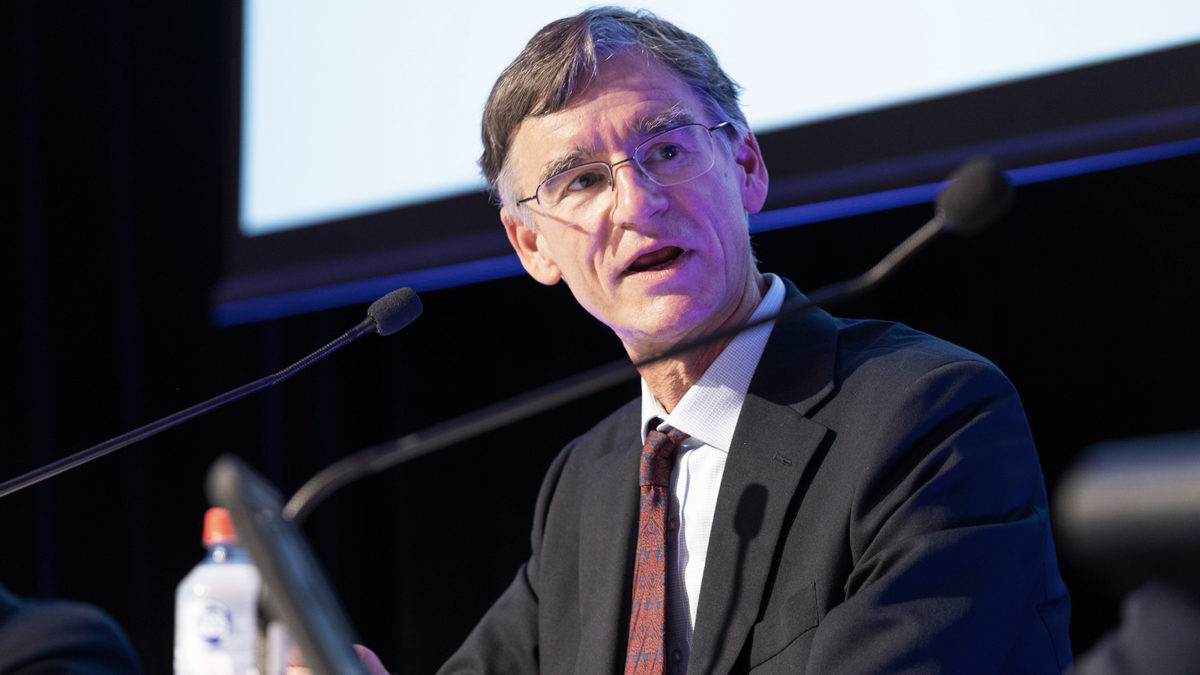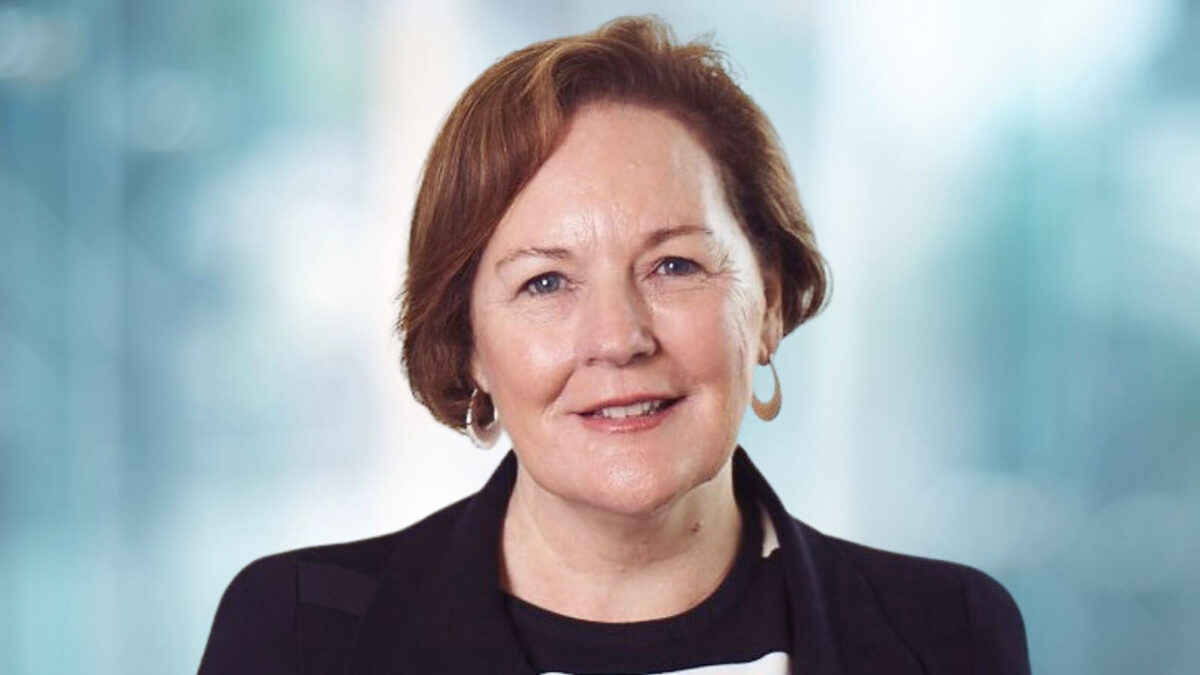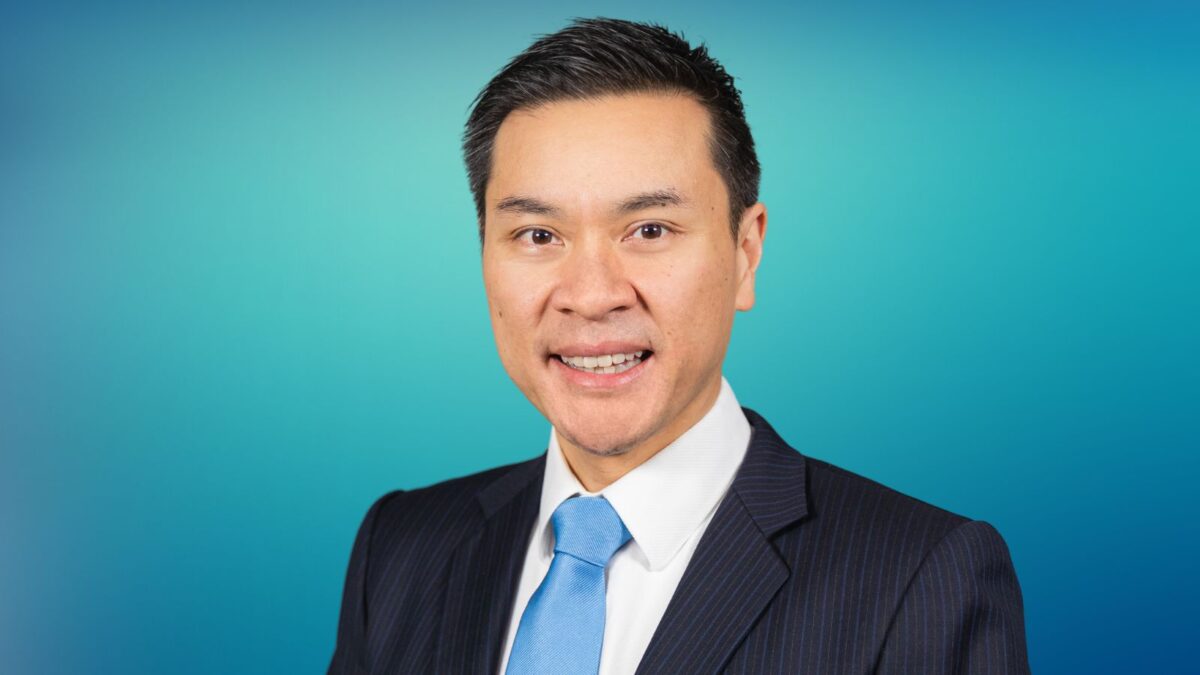‘It’s all over the place’: Big challenges remain for super
Even as they formulate portfolio decarbonisation targets and transition plans, the superannuation system is “a bit lost on energy”, according to former Challenger chairman Jeremy Cooper. It’s allocating capital to wind farms and batteries, but there’s a mismatch with the aspirations of the Australian government, which has articulated both 2030 and 2050 targets.
“When you look then at the super industry, it’s all over the place,” Cooper told the Bond University Business Leaders Forum as part of a panel moderated by David Gallagher. “Some funds have articulated a 2030 target for the operation of the fund but not the investment portfolio. Some funds have articulated a 2050 ambition, but how do they get held accountable for that?
“If you’re serious about it you have to make progress each year. I think the government’s got to step up and say ‘You’ve got massive tax concessions that we give to you, you’re going to have to sign up to those targets as well” – otherwise we’re never going to get there.”
Another big issue is going to be housing and the role superannuation potentially plays in providing it. There’s been “really good stuff” coming out of some funds, according to Professor Deborah Ralston, along with government incentives and the creation of the Housing Australia Future Fund.
“But I think that’s going to be a really important issue, and maybe part of the reason we’ve got this huge amount of capital in the system is so that it can contribute in some way. It has to be of benefit to the members, of course; it has to be worthwhile and economic. But I suspect that it might be one very useful lever.”
And while super funds have for a long time been able to eat the apparently free lunch of low vol income served up by illiquid assets, lunchtime might almost be over with the end of the low rates and low inflation era.
“In the Norges Bank 2022 annual report there’s a section on real estate performance,” said Dr Michael O’Neill. “Listed real estate performance was -31 per cent; unlisted real estate performance was flat. There’s a big, big risk in the system with some of these asset classes that we’re heavily concentrated in, that haven’t been revalued. To me we’re staring down the barrel of a big asset price bubble here.”
With the amount of money in superannuation expected to almost triple by 2040, the system will soon tower over other features of the economy and funds will have a harder time allocating capital inside Australia. It’s for that reason, Cooper noted, that for every dollar of contributions coming into AustralianSuper, 50 cents is now invested outside the country. And that has implications for how funds operate too.
“There’s all the positive things around scale economics, unit costs and bringing (investment) management in house,” O’Neill said. “But don’t forget the challenges. If you get so big – first of all you can source assets nobody else can, like the Chicago Skyway – but you outgrow your listed markets and get into the challenge of acquiring assets.”
“They become international organisations that are products of mergers; lots of financial institutions that grow through mergers maybe aren’t ready for the scale they have – not to denigrate any of the large funds that are doing well expanding overseas.”
The superannuation system is also still operating with an accumulation mindset even as huge numbers of members approach retirement.
“We’re looking to the retirement phase and trying to figure out how we convince people who’ve been told for 40 years that it’s a great thing to save up the money for retirement; we have a wealth management industry with a sole purpose of building up money and very few advisers who will tell a client that they’re not spending enough money,” Cooper said.
“Now we have got a massive behavioural problem of how we convince people, how we possibly incentivise them, to spend that money down.”
One of the keys to that, Ralston said, is to reframe the conversation from accumulation to what a member’s actual retirement income will be in order to give them some idea of what they’re working towards. But some of the issues around retirement are “real and hard to deal with”, O’Neill said, and there hasn’t been enough innovation in the system.
“The other thing I think we fail at is financial literacy to an extent, or whether it’s apathy or financial literacy, but there’s not enough exercising of choice. That’s probably a product of us having a default system and I wonder whether there’s a bigger role for a customer advocate in this respect, whether the regulator is doing enough.”










